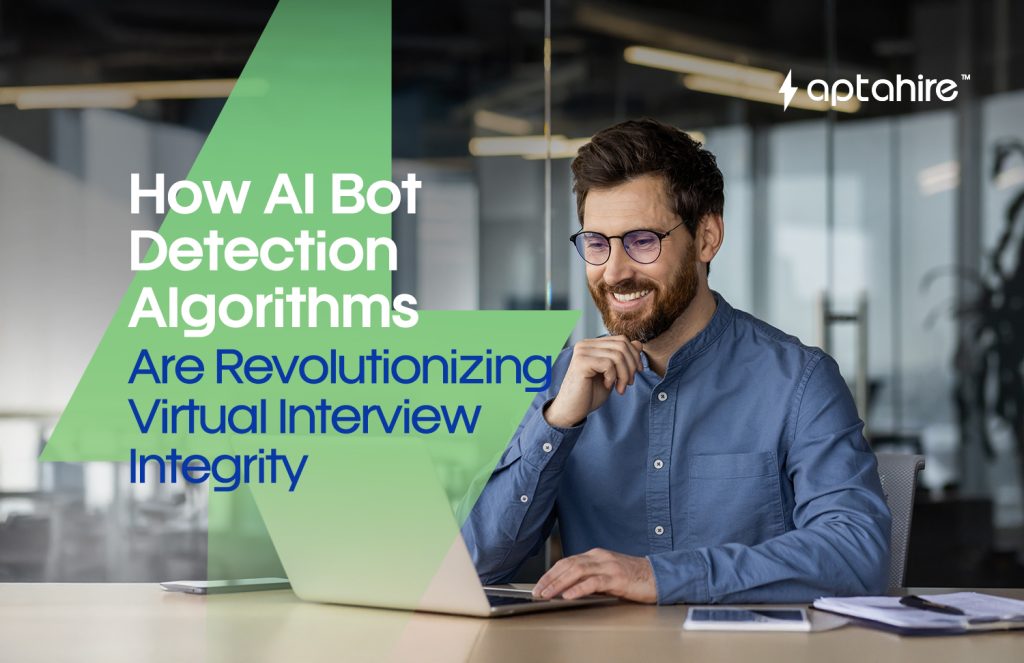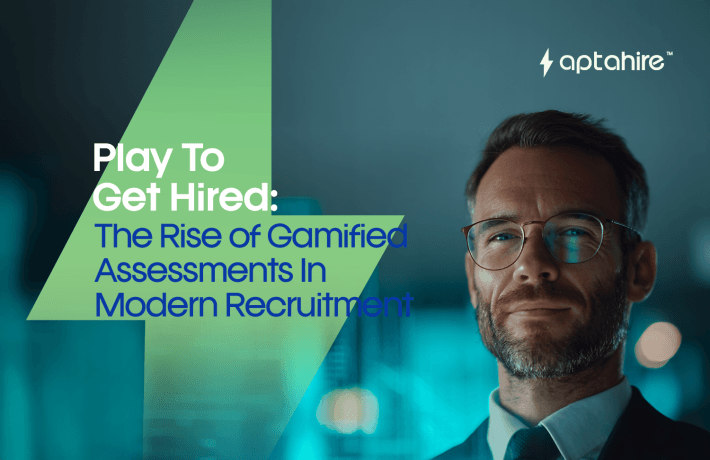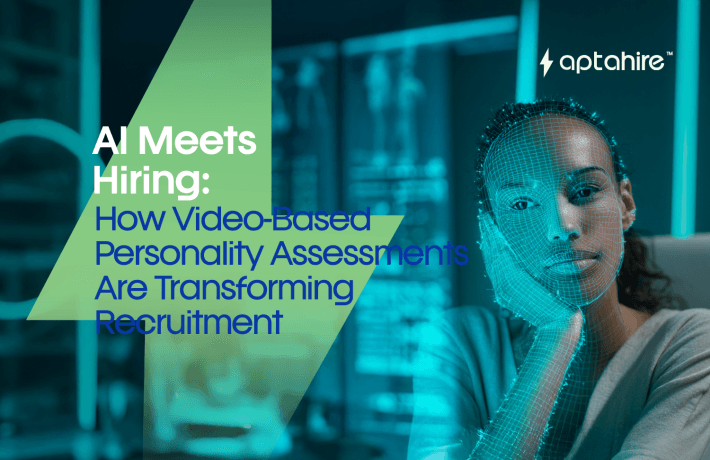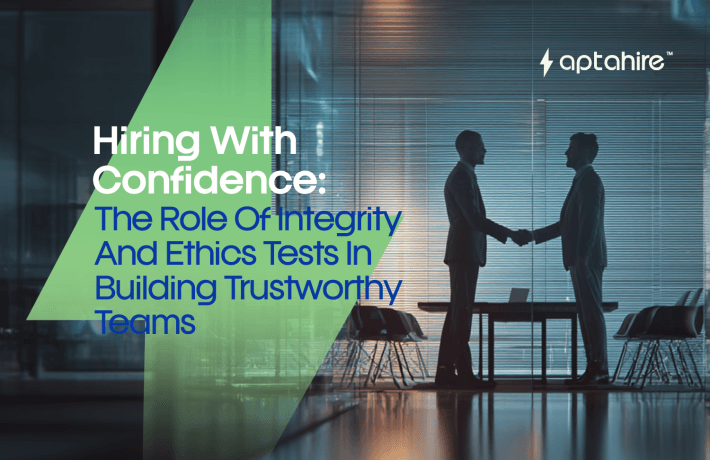How AI Bot Detection Algorithms Are Revolutionizing Virtual Interview Integrity

Remember the days when a job interview meant a firm handshake, eye contact, and a gut feeling? Fast forward to today, virtual interviews have become the norm, especially after the pandemic rewired how we work. But with convenience came challenges: Are candidates really who they say they are? Are we assessing humans or cleverly designed bots?
Enter: AI-powered bot detection algorithms. These smart systems are transforming the hiring process, not just by making it easier, but by protecting its integrity.
The Problem: The Rise of Digital Deception
As virtual interviews became widespread, so did digital deceit. Recruiters around the globe have encountered:
- Candidates using deepfake tools to mimic someone else’s face.
- Audio manipulation software to simulate native fluency.
- Pre-recorded answers being played back during interviews.
- Outsourcing of assessments to third-party test-takers.
Case in Point: In 2022, a Fortune 500 tech firm reported that nearly 17% of remote interview candidates were flagged for suspicious behavior, including scripted answers and lip-sync mismatches. That’s nearly 1 in 5 interviews compromised.
So how do you fight bots and fakery in an age of deep tech?
The Solution: AI Bot Detection Algorithms to the Rescue
These aren’t just fancy buzzwords. AI bot detection systems use a cocktail of computer vision, behavioral analytics, and machine learning to differentiate between human and non-human behavior in real time.
Let’s break down how they work.
1. Facial Movement & Micro-Expression Tracking
Humans blink, smile, shift, and twitch, all unconsciously. AI tools analyze these micro-expressions to detect natural facial movements. Bots or deepfakes often miss these subtle cues.
“In over 10,000 interviews analyzed by Aptahire the system flagged 93% of fake profiles by detecting lack of real-time facial responses.”
2. Eye Gaze & Attention Monitoring
Your eyes give you away. Eye-tracking algorithms measure how candidates look at the screen, respond to prompts, or shift their focus. If someone is constantly glancing off-screen for cues or reading from a script, it raises a red flag.
Case Study: Aptahire, an AI-powered hiring platform, saw a 37% reduction in fake candidate submissions after integrating eye-tracking and gaze-mapping tools.
3. Voice Biometrics & Audio Analysis
Is that really the candidate’s voice? AI checks for unnatural modulation, inconsistencies in tone, and latency delays that suggest the use of synthetic voices or playback recordings.
In fact, research from Carnegie Mellon University found that voice biometric algorithms could identify cloned audio with 94% accuracy when trained with a robust dataset.
4. Background Analysis & Environmental Cues
You’re not just hiring the candidate, you’re also checking their surroundings. AI scans for:
- Virtual backgrounds that mask identity.
- Multiple faces in the room.
- Repetitive patterns that suggest pre-recorded videos.
This isn’t about privacy invasion. It’s about ensuring a level playing field for every candidate.
Real-World Impact: Hiring with Confidence
It’s one thing to talk tech. It’s another to see results.
Global Hiring, Minimal Fraud
A leading BPO in the Philippines adopted an AI-powered bot detection platform in early 2023. Within six months:
- Application fraud dropped by 62%.
- Interview integrity ratings rose by 45%.
- Candidate satisfaction scores remained high (84% positive feedback), indicating that the AI wasn’t intrusive, just efficient.
Tech Startups Saving Time
A European SaaS startup with limited HR staff used AI detection to pre-screen applicants. Result? Their hiring funnel was 40% faster, and they avoided three fraudulent hires in the first quarter alone.
Educational Institutions
Some universities are using similar technology for online exams, because if students are cheating, chances are, they might be faking it in job interviews too. Cross-vertical implementation is proving that bot detection isn’t a niche, it’s necessary.
Stats That Speak Volumes
- 74% of HR leaders believe virtual interview fraud is a growing concern. (Gartner, 2023)
- 83% of companies plan to invest in AI-based hiring tools in the next 2 years. (LinkedIn Future of Work Report, 2024)
- AI interview solutions have increased hiring accuracy by 35%, according to a 2024 McKinsey study.
But Wait, Isn’t This All a Bit… Much?
Let’s address the elephant in the (virtual) room. Is all this surveillance fair?
Short answer: Yes, if done right.
Modern AI tools are designed with candidate privacy and consent in mind. Most systems:
- Get explicit permissions.
- Only track during active interviews.
- Anonymize and encrypt data.
- Focus on behavior, not personal identity.
And when candidates know the system is fair and smart, it builds trust. Nobody wants to lose out to a bot or a cheater with a playback device.
The Human Touch Behind the Machine
Here’s the twist: AI doesn’t replace the recruiter, it empowers them.
Think of it as a digital detective. It gathers evidence, highlights anomalies, and surfaces insights. But the final call? That’s still up to a human. A hiring manager. A talent leader. You.
The idea is not to eliminate people from the process, but to protect the process from impersonators.
What’s Next? The Future of Fair Hiring
We’re only scratching the surface.
- Expect emotion recognition to get sharper. Detecting nervousness vs. dishonesty is becoming a real AI skill.
- AI will become more adaptive, customizing its detection based on cultural nuances and industry standards.
- Companies may issue integrity scores along with interview performance ratings, ensuring a transparent record for candidates.
Final Thoughts: Trust Is the New Currency
In today’s remote-first world, trust matters more than ever. It’s not just about finding the smartest resume or the most polished Zoom call. It’s about knowing the person on the other side is real, and ready.
AI bot detection is changing the game. Not by adding hurdles, but by removing doubts.
So, whether you’re a recruiter, a candidate, or a tech enthusiast watching this space, know this:
The future of hiring isn’t just virtual. It’s verifiable, fair, and powered by AI that understands people.
Let’s keep it real. Literally.
FAQs
1. What is AI bot detection in virtual interviews?
AI bot detection refers to the use of artificial intelligence to identify and prevent fraudulent behavior during online interviews. These systems analyze facial movements, voice patterns, eye gaze, and other behavioral cues to ensure the candidate is authentic and not using bots, deepfakes, or impersonators.
2. Why is bot detection necessary in the hiring process?
With the rise of virtual interviews, there’s been a surge in digital cheating, from candidates using pre-recorded answers to deepfake avatars. Bot detection tools help recruiters verify candidate authenticity and maintain the integrity of their hiring decisions.
3. How do AI algorithms detect fake candidates or bots?
These algorithms use a mix of computer vision, behavioral analytics, and machine learning to track:
- Micro-expressions (like blinking and facial muscle shifts)
- Eye movement and attention patterns
- Voice irregularities or playback detection
- Background inconsistencies
Together, they build a real-time profile to spot unusual or non-human behavior.
4. Is AI bot detection intrusive or a threat to candidate privacy?
No, when implemented responsibly, these systems are designed with privacy in mind. They only operate during the interview (with candidate consent), anonymize data, and are built to assess behavior, not personal identity. It’s about ensuring fairness for all participants.
5. What industries benefit the most from AI bot detection in hiring?
Any industry using remote interviews can benefit, especially:
- Tech & IT (to prevent outsourcing of tests)
- BPOs & customer service
- Education & EdTech
- Healthcare & pharma (where credentials and trust are critical)
But really, any organization hiring at scale or across borders can use it to ensure quality control.
6. Are there any success stories or stats showing its effectiveness?
Absolutely! For example:
- A BPO in the Philippines reduced fraud cases by 62% in 6 months using AI detection.
- Aptahire, an AI hiring platform, saw a 37% drop in fake submissions after integrating gaze-tracking tools.
- A McKinsey study in 2024 showed that AI-powered interview tools increased hiring accuracy by 35%.
7. Does AI replace recruiters in this process?
Not at all. AI enhances the recruiter’s toolkit by flagging suspicious behavior and helping validate candidates. The final hiring decision still lies with human professionals, AI just helps make that decision more informed and fairer.



